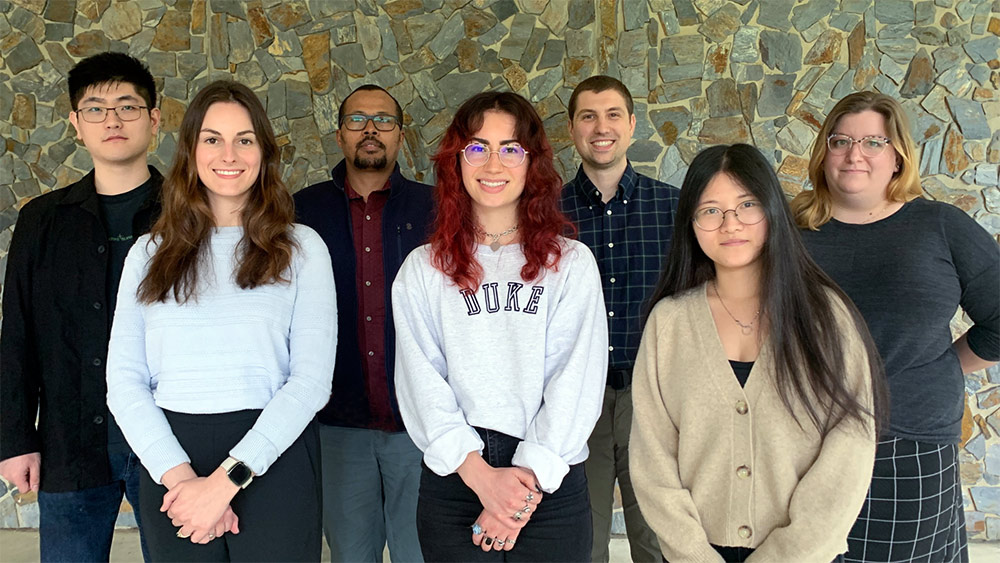The future of providing accessible, affordable, reliable and clean energy will be in the hands of those who can draw insights from and deftly wield Big Data. At least, that is what Duke University’s Energy Data Analytics Program believes. They have selected the best and brightest Ph.D. students from around North Carolina for the last five years to attend their summer program to prepare those scholars to apply cutting-edge data science techniques to energy challenges. One of those scholars is Cameron Lisy, Operations Research Ph.D. student.
Over the summer, Cameron will work with faculty from multiple disciplines to develop decision-support tools to decarbonize the US energy system. “I saw that the kinds of research they were supporting looked a lot like ours and thought they would be a great partner for making our ideas a reality,” he said. These tools will help policymakers better understand the hidden risks to the electric power grid not considered with standard tools and practices. “Cameron is well equipped to help solve complex decision problems around critical infrastructure,” shared Jordan Kern, Cameron’s faculty advisor. “He’s also an energy and sustainability enthusiast, and when you put all those things together, you’ve got someone who will be perfectly positioned to make a big impact, whether in government, the private sector or research.”

He will also attend workshops on energy systems and data science techniques and develop communication skills with interdisciplinary audiences. Cameron’s experience will culminate at the Energy Data Analytics Symposium in October. He, expert researchers, practitioners, and professionals at Duke, will discuss how to accelerate sustainable energy systems in the era of artificial intelligence.”Future energy systems will depend on analytics to operate reliably and carbon free,” explained Lisy. “This experience will be extremely valuable to leverage those tools and make that future a reality. I’m really looking forward to it!”
Operations Research at NC State
The OR Program is well-known for its diverse nature, shared by the Colleges of Engineering and Sciences at NC State. The diversity of its faculty ranges not only from engineering and science but also management, textiles and forestry. “This highlights the interdisciplinary nature of the OR program,” explained Maria Mayorga, interim director of the OR Program. “It shows how these skills can be applied to tackle important problems such as providing clean, reliable energy.” Lisy could not agree more. “I think interdisciplinary partnerships across universities will be crucial for solving complex problems like the energy transition,” he said.

